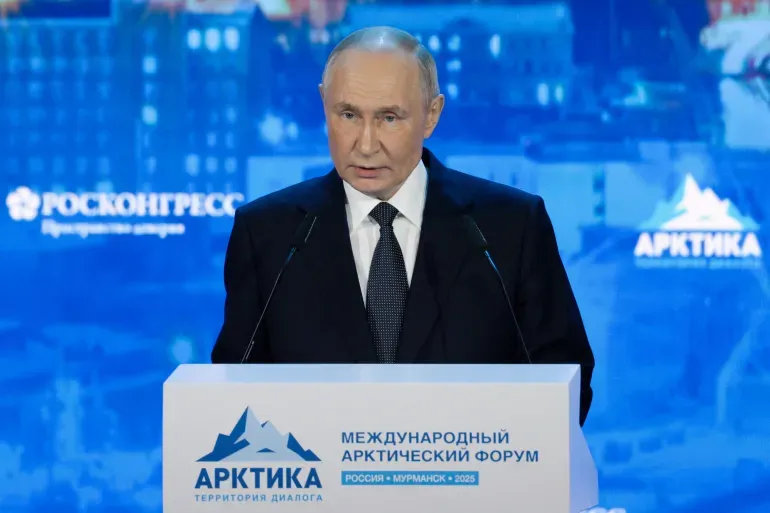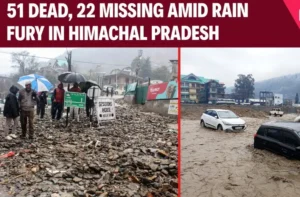The Arctic has emerged as a critical region on the global stage, prized for its abundant resources and strategic importance. With melting ice unlocking new shipping lanes and vast reserves of oil and gas, nations are increasingly focused on this frozen territory. Russia, boasting the longest Arctic coastline, is at the forefront of these efforts. Amid rising interest, Arctic cooperation has become a central theme as countries weigh collaboration against competition.

Russia’s Arctic Ambitions
Russia is intensifying its foothold in the Arctic by expanding its military presence. Plans to increase troop numbers signal a clear intent to secure its interests, driven by the region’s wealth of natural resources and its potential as a key transit route. This escalation comes as other nations, including members of NATO, also turn their attention northward, heightening the stakes.
Yet, alongside this buildup, Russia has voiced a willingness to work with others. Leaders have stressed the importance of Arctic cooperation, advocating for joint efforts to tackle issues like environmental sustainability and regional security. This blend of assertiveness and openness highlights Russia’s strategy: protecting its claims while fostering dialogue with the international community.
Vladimir Putin says US ambitions over Greenland should be taken seriously, claiming they have "deep historic roots."
— British Pakistani Index (@PakistaniIndex) March 27, 2025
He warns NATO is using the Arctic as a "foothold for conflicts" and vows to strengthen Russia’s military presence.#Putin #Russia #Greenland pic.twitter.com/WTAXrJkr26
Geopolitical Tensions in the Arctic
The Arctic isn’t solely Russia’s domain. Countries like the United States, Canada, Denmark, and Norway also have vested interests, fueling a complex rivalry. This competition has sparked geopolitical tensions, evident in military drills conducted by both NATO and Russia. The push for dominance over resources and strategic pathways has raised fears of potential clashes in an area long viewed as a space for unity.
Adding to the intrigue is the question of Greenland. Years ago, a bold proposal from the U.S. to purchase the island from Denmark stirred debate. Some reports suggest Russia might favor such a shift, pointing to historical connections. However, this idea remains speculative and lacks broad confirmation, underscoring the need for careful consideration amid ongoing geopolitical tensions.
Looking Ahead
The Arctic’s trajectory hinges on whether nations can prioritize Arctic cooperation over conflict. Russia’s ambitions, paired with global interest, set the stage for a delicate balancing act. Collaborative initiatives—such as shared research or environmental safeguards—could pave the way for stability, ensuring the region’s riches benefit all while keeping tensions in check.







